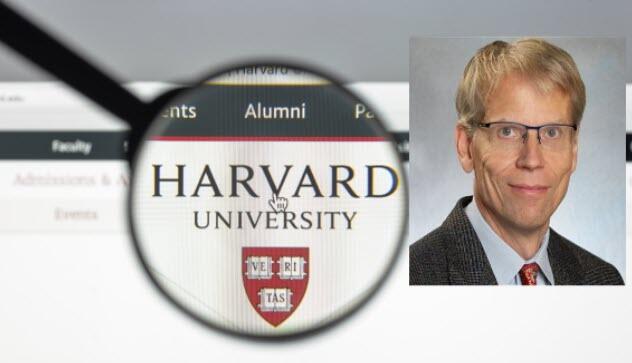Iran’s intelligence chief and other key senior officials have been killed in an Israeli airstrike — further decimating Tehran’s military leadership, according to the Israel Defense Forces.
Mohammed Kazemi, the elite Islamic Revolutionary Guard Corps’ head of intelligence, was killed Sunday alongside his deputy, Hassan Mohaqiq, and others during an attack on Tehran, the IDF said.
Israeli forces were able to take out the three at once while they were attending a meeting, the IDF said.
“[Israeli] fighter jets, following precise IDF intelligence, struck a structure in Tehran where several senior officials from Iranian intelligence organizations were located,” the IDF said.
“These officials played a central role in shaping Iran’s strategic assessments and planning terrorist attacks against Israel, the West, and countries in the Middle East.”
Kazemi had been the Revolutionary Guard’s chief of intelligence since 2022 and was responsible for leading counterintelligence and espionage operations — including weeding out Iranian citizens who opposed the regime.
Mohaqiq previously served as chair of the Guard’s Strategic Intelligence Division, the IDF said.
Kazemi’s death was first revealed by Israeli Prime Minister Benjamin Netanyahu.
“Moments ago, we also got the chief intelligence officer and his deputy in Tehran,” Netanyahu told Fox News in an interview on Sunday afternoon from an undisclosed location in Israel.
“Our brave pilots are over the skies of Tehran, and we’re targeting military sites, nuclear sites,” he added.
His death was later confirmed by Iran’s Revolutionary Guard.
Quds Force Intelligence Department head Mohsen Bakri and his deputy, Abu al-Fadl Nikouei, were also killed in the strike.
The Quds Force is a powerful branch within the Revolutionary Guards Corps that supports non-state organizations in several countries.
The pair played a significant role in Iran’s efforts to maintain its presence in Syria and support Hezbollah in Lebanon, according to the IDF.
The strike follows an Israeli strike last week that killed Mohammad Bagheri, head of the Intelligence Directorate in the Iranian armed forces general staff and the country’s top-ranking military official.
“This marks a significant blow to the Iranian regime’s intelligence apparatus and its ability to carry out terrorist attacks against the State of Israel,” the IDF said.
Israel has taken out dozens of Iran’s top military leaders and scientists since it began its bombing campaign on Thursday, targeting nuclear and military sites after talks to reach a deal on Iran’s rapidly advancing nuclear program failed.






